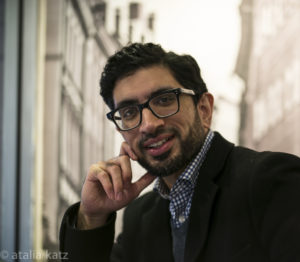Select an item by clicking its checkbox
Today, Islam is paired with violence so often that these two concepts have become virtually synonymous. Conversations are often wedged between criticisms that Muslims are doing too much violence or not doing enough to stop it. Jihad, the Islamic keyword that has become equated with a distinctively Muslim kind of ...
These days, Islam is no stranger to controversy. Although we may deplore the mainstream media’s deliberate sensationalization of Muslim conflicts, as professors we can also exploit conflict in the classroom to help our students achieve their learning objectives. Many of my colleagues in other departments use debates as a ...
Every translation is an interpretation. This statement is especially true with regard to the Quran, since, according to Muslims, a translation of the Quran is not the actual Quran - just one interpretation among many. The Arabic Quran contains the actual words of God. Selecting an English translation of the ...
My primary objective as a professor is to nurture my students’ ability to think critically. Given the rising tide of Islamophobia and the increasingly acerbic rhetoric targeting Muslims in national political discourses, however, I consider developing their empathy and compassion an additional imperative. In my courses, I have increasingly turned ...
